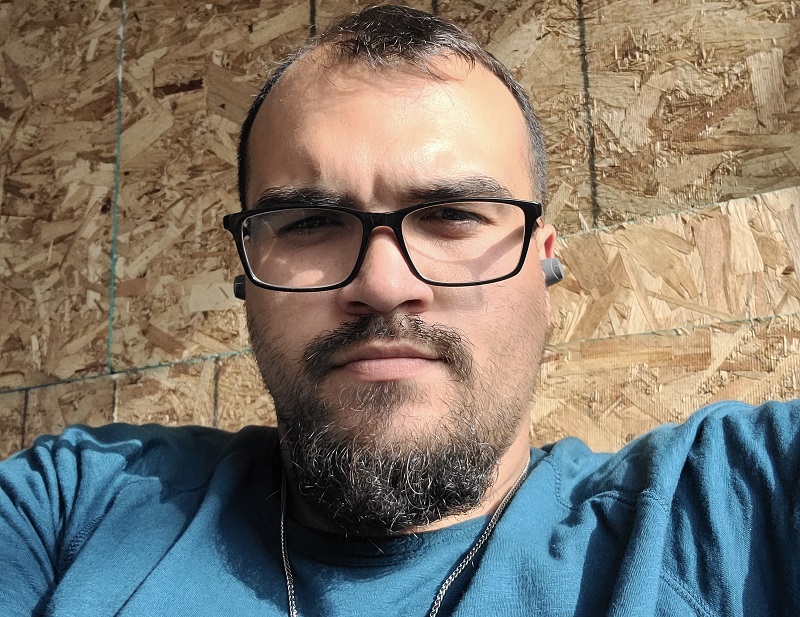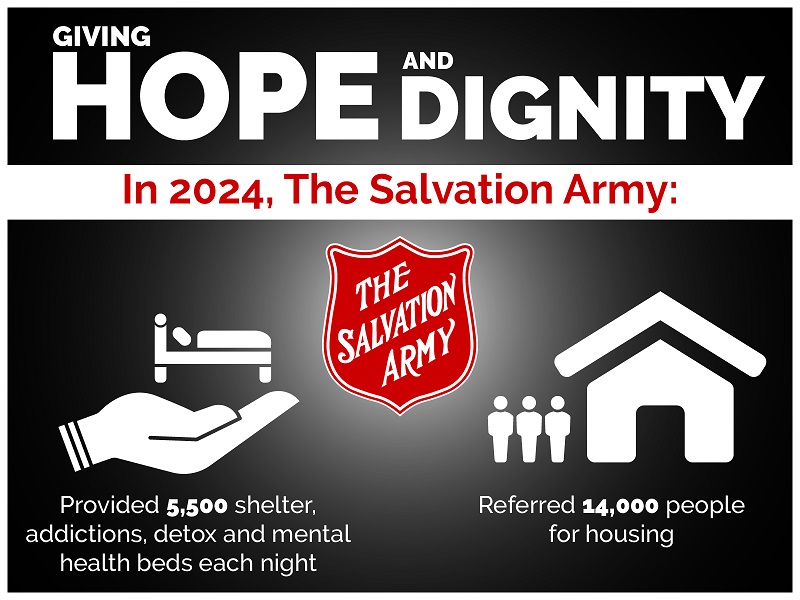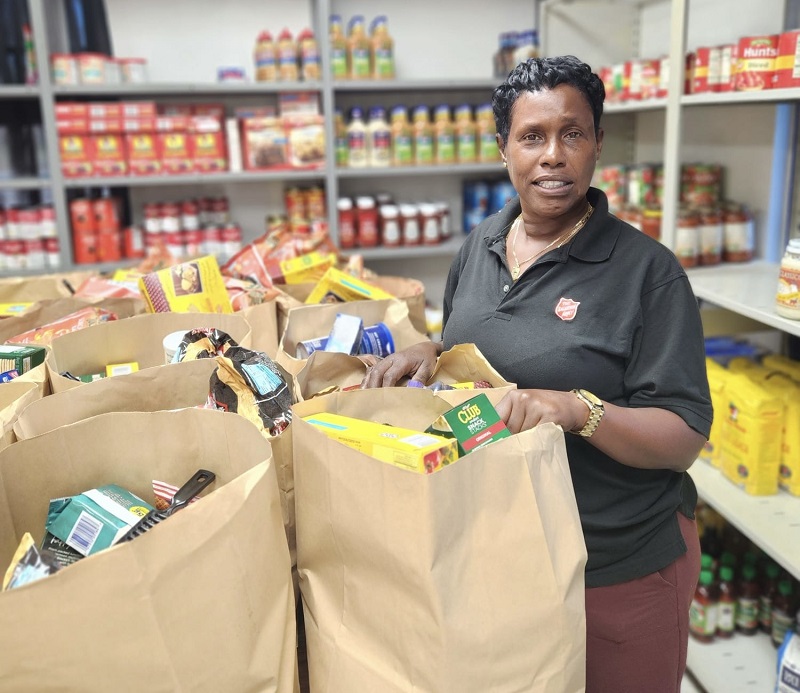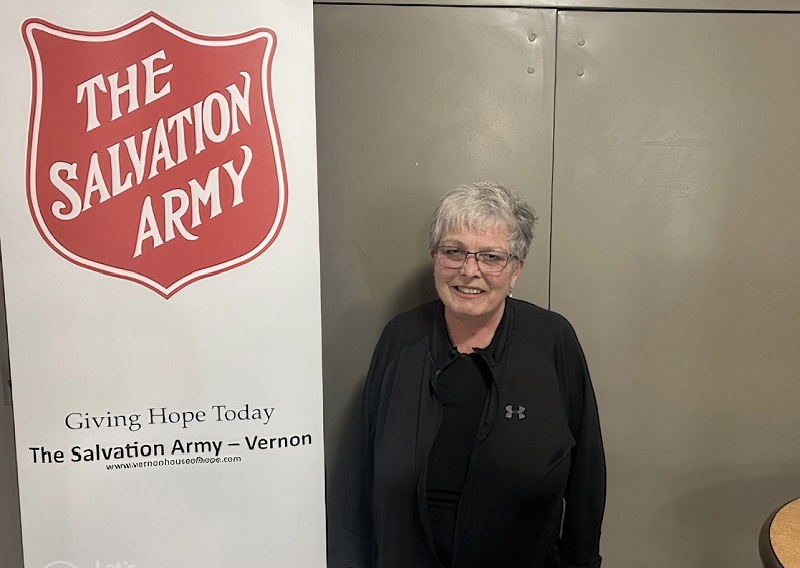A Successful Second Chance with The Salvation Army

Ryan recalls the moment he decided to turn his life around as if it were the climax of a film, where the main character experiences a realization that leads to a successful resolution.
After spending a few years battling addiction and experiencing homelessness, Ryan travelled to British Columbia and turned to The Salvation Army to start from scratch. However, he was unsure if the Army would take him in.
During some of his most challenging years, Ryan lived in Saskatoon, where he accessed Salvation Army services. Ryan is the first to admit he was not the easiest client to deal with.
“I wasn’t particularly violent, but I was a problem. I had a tough go of it and didn’t want to adapt,” Ryan says.
When he decided it was time to change his life, he came to British Columbia to access an addiction treatment centre. He was kicked out for his behaviour, but with the help of his sponsor, he was able to get clean and sober.
While he was winning his battle with addiction, he still had nowhere to stay. He took a chance and came to The Salvation Army’s shelter in Maple Ridge, B.C., expecting a no, due to his history. Ryan gave them his word about exercising good behaviour and to his surprise they welcomed him.
“I felt confidence behind my words for the first time in my life,” Ryan says. “I fully was expecting a no, to be honest.”
“I slept at the shelter, and I slowly just re-pieced my life back together.”
There were many reasons as to why Ryan wanted to go back to The Salvation Army. Overall, he believes it’s the best place for someone who is struggling.
“The Salvation Army has a strong emphasis on safety in their shelters. They also spend more time and money, so their shelters are well-kept. I had my bunk, and I had my locker,” says Ryan.
The Maple Ridge shelter was also metres away from the One Way Club, a place focused on recovery. Here, Ryan could spend time with others who were dedicated to maintaining their sobriety.
“I had my bunk, and I had my locker.”
“I hung out there, I slept at the shelter, and I slowly just re-pieced my life back together. You know, I got a sense of normalcy,” Ryan shares.
At The Salvation Army, Ryan accessed other resources. They helped him file his taxes. He also worked with a caseworker to apply for income support, housing and even to get a copy of his birth certificate. Ryan remembers also talking to the chaplain whenever he needed to get something off his mind.
Although he found housing on his own, The Salvation Army helped him with care packages and food when he moved in. “They’ve been super helpful.”
Ryan believes that if he had not been allowed to stay at the shelter, he would still be homeless. He says he would still be clean but just without a place to stay.
“I was just resigned to sleeping on the street. I was just like, all right, if they don’t let me in, I will struggle for a month or two, but I just have to do that sober now.”
Today, Ryan works as a peer support coordinator for Stop Overdose Ridge Meadows (STORM). His dream is to eventually work for The Salvation Army and be part of the staff that once gave him the greatest second chance of his life.
By Juan Romero




